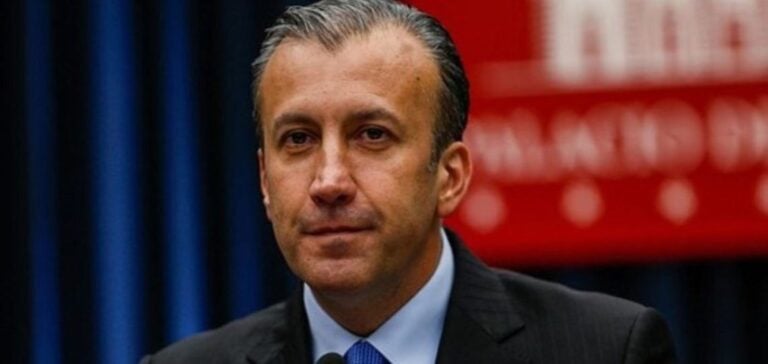Charged with multiple offences, Tareck El Aissami was brought before the Venezuelan justice system, with public disclosure of the evidence. “The presentation hearing before the 2nd Counter-Terrorism Control Court has taken place,” announced Attorney General Tareck William Saab via social network X. This statement marks the start of legal proceedings against the former oil minister.
Publication of evidence
The public prosecutor’s office released videos and photographs showing Tareck El Aissami entering the Caracas courthouse in handcuffs. Dressed in sky-blue prison garb and escorted by agents armed with rifles, these images visually support the accusations against him.
Accusations made
Tareck El Aissami, who was arrested on Tuesday, “will be charged with treason, appropriation of public property, money laundering and criminal conspiracy,” in Mr. Saab’s words. These accusations are linked to embezzlement by Petroleos de Venezuela (PDVSA), using crypto-currencies such as the Petro to circumvent US sanctions.
Impact of the scandal and financial details
The press brought to light embezzlement cases involving some fifty people, with sums reaching 15 billion dollars. The strategic use of Petro in the sale of crude oil was aimed at evading international sanctions, but also fueled a vast network of financial corruption.
Mr. Saab linked Mr. El Aissami to a “conspiracy to provoke economic and financial chaos and social violence,” justifying his appearance before an anti-terrorism court. Last Tuesday, in an interview with VTV, Saab said that “the multiplicity of crimes” of which Mr. El Aissami is accused “suggests the maximum sentence” of 30 years in prison.






















